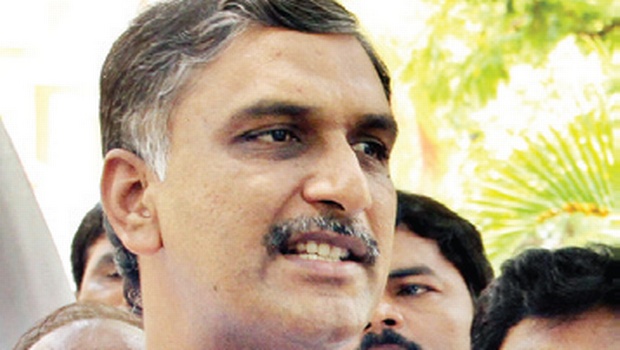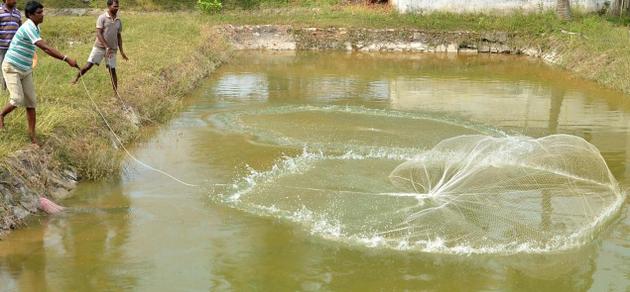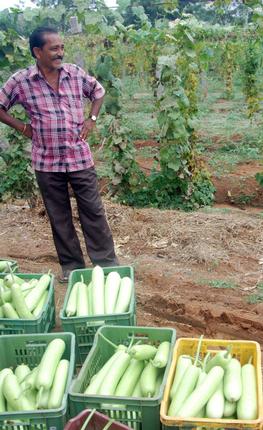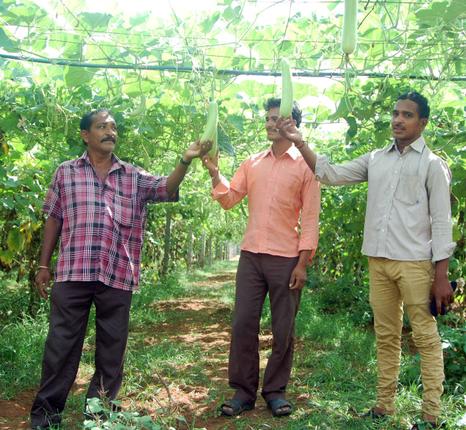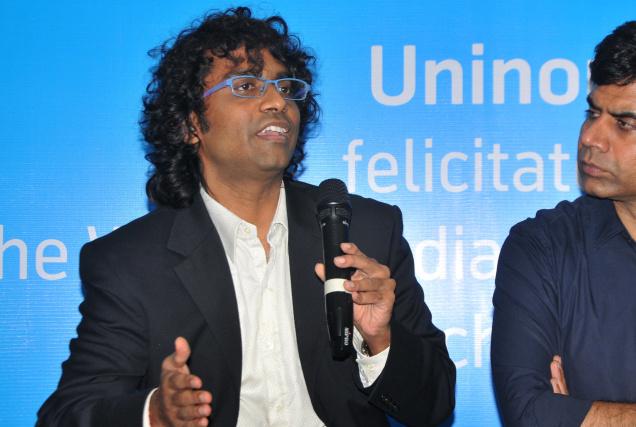Banyan is an informal sector inclusive high technology social venture which aims to solve the problems in the Indian recycling value chain through technology innovations that encourage source segregation and maximize landfill diversion.
The startup aspires to root out inefficiencies in the recycling value chain by innovating across all aspects of the recycling process from pre-sorting and collection to post-sorting and processing of recyclates.
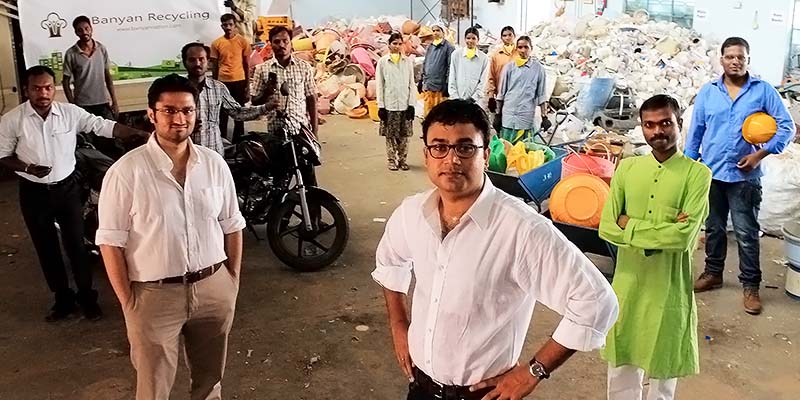
“Our mission is to identify and nurture progressive recyclers within the informal sector, improving their quality of life through technology solutions that give them ample opportunities to maximize their growth and earning potential,” says Mani Vajipey, Co-founder & CEO, Banyan.
The Beginning
Banyan was born during one of Mani’s travels in India where the general filth and squalor across the nation deeply disturbed him and inspired him to build an organization that will transform the solid waste management landscape in India through technological innovations, better practices and grassroots activism.
Mani developed Banyan’s business model at Steve Blank’s Lean Launch Pad Program and Columbia Business School’s Greenhouse Incubator. Raj Madangopal, a technologist, with a passion for applying technology to solve socially relevant problems plaguing India, came aboard 6 months later.
“Our association dates back to the year 2002 in the university town of Newark, Delaware, where we bunked classes together, and becoming thick friends,” says Mani. Mani was then pursuing a PhD in electrical engineering (wireless communications) and Raj a masters in mechanical engineering (robotics) at the University of Delaware.
Post college, their paths diverged — Mani ended up at Qualcomm in San Diego while Raj joined a mobile startup in Seattle. Ten years later over a casual phone conversation, Mani shared his vision for solving India’s waste management issues and the business model that he was developing at Berkeley and Columbia Business Schools.
As part of Columbia’s Greenhouse Incubator, Mani and Raj travelled to Hyderabad and Bangalore on customer discovery and activation. “We spoke to dozens of facilities managers at large MNCs, visited several townships in Hyderabad, and met with city municipal commissioners, private waste management contractors, rag pickers, raddiwalas and kabadiwalas in the city,” adds Mani.
Over the course of three months of thorough market research and talking to people, the duo realized that the country desperately needed an integrated solid waste management company that could innovate across the entire value chain — right from collection and transportation to landfill management, recycling and generating energy from waste.
After returning to the US, the duo spent three months to understand waste management processes in there, visiting landfills, waste to energy plants and recycling centers across the Bay Area and New York City.
The founders quit their jobs, returned to India and launched Banyan in July 2013 – primarily focusing on handling municipal solid waste. “We reviewed tenders across the country and participated in a waste to energy contract with Rourkela Steel Plant forging a partnership with a leading Biogas to Energy Company in San Francisco,” points out Raj.
Red tape and lack of autonomy make things difficult for Indian startups
India’s red tape combined with the lack of autonomy on part of the officials involved caused the tender process and negotiations to drag on for over five months. The tender that was floated around June 2013 by Rourkela Steel Plant remains open to date. “This episode taught us a valuable lesson – although there was a grave need for an integrated solid waste management company, urban local bodies had a limited appetite for innovation and risk,” says Mani.
Why Indian startups stay away from government?
This led to the next pivot — entering the solid waste management space via a model that did not depend on the government or urban local bodies for its top line revenues. “Recycling was a natural fit for us. Each year, the nation dumps 6.7 million tons of recyclable material (worth $3.1billion i.e. Rs. 19000 crores) in its unsanitary landfills causing serious environmental degradation,” adds Mani.
The informal sector forms the backbone of the recycling value chain and is responsible for achieving recycling rates of 70%, one of the highest in the world. Ironically, rag pickers are treated as social outcasts, and itinerant waste collectors and neighborhood kabariwalas (small scale stationary aggregators) — who are at the bottom of the chain — depend on middlemen (large traders) for their livelihood and working capital requirements.
These middlemen trap the rag pickers, itinerant waste collectors and kabariwalas by extending informal loans and pressurizing them to sell exclusively to them well below fair market rates.
These factors led Mani and Raj to develop a business model to disrupt the recycling value chain in India. Once Mani and Raj were clear on the recycling business model for India – friends and family pledged $100K within one week of their fundraising efforts.
Technology is genesis of Banyan
Banyan’s proprietary software platform consists of several pieces such as the Android based informal sector lead generator app and an SMS based trading platform to identify and nurture progressive recyclers from the informal sector, data analytics engine that gives the company complete control over operations to optimize, iterate and improve performance on a daily basis. It also has a GPS based routing and tracking engine for reduced collection and transportation costs.
Banyan uses the data it collects at every touch point in the value chain to periodically generate waste analytics reports to build awareness among citizens and businesses and to also provide urban local bodies with valuable insights that can power policy changes and spur sustainability initiatives in the region.
Revenue model
It generates revenue primarily through the sale of processed recyclates in the form of bales, pellets and chips to reprocessors and producers in the local, national and international commodities markets.
Differentiators and USPs
The company differentiates itself from competition by providing an end-to-end professional service right from collection and transportation to processing and sales giving it tight control over the entire supply chain and empowering the informal sector by including it in its network of suppliers.
The startup plans to integrate 1500 plus kabariwalas in the area into the company’s supplier network by the end of this month. By October, Banyan will expand simultaneously into other major cities of Telangana and Andhra Pradesh.
source: http://www.social.yourstory.com / YourStory.com / Home> Social Story / by Jai Vardhan / June 29th, 2014
